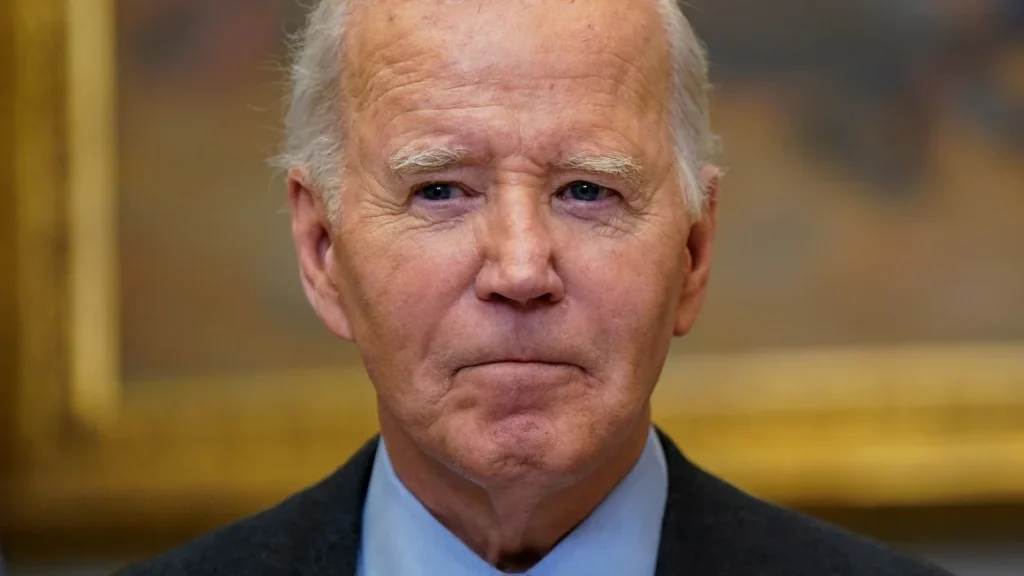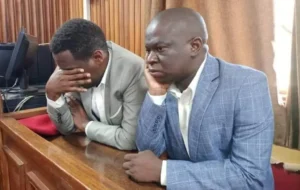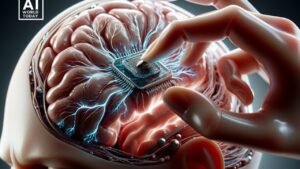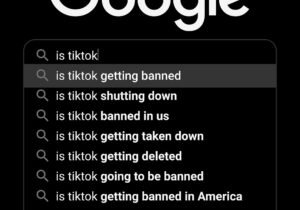As his presidency has come to a close, Joe Biden has issued preemptive pardons to several high-profile figures. Among these are Dr. Anthoni Fauci, former Chairman of the Joint Chiefs of Staff General Mark Milley, and members of the January 6 Committee, including Liz Cheney and Adam Kinzinger.
The timing of this, however, has left many questioning Biden’s motivations, whether it was an act of protection for public servants or perhaps a play in the face of the incoming Trump administration. Before that, however,
Who are the Pardoned Individuals?
- Dr. Anthony Fauci. – As the face of the U.S. COVID-19 response, many praised his guidance, while others blamed him for strict lockdowns and vaccine mandates. With rising scrutiny over pandemic policies, Biden’s pardon seems to be a safeguard against potential legal battles in the future.
- General Mark Milley – Having served as the highest-ranking military officer, Milley’s run was marked by the Afghanistan withdrawal and his strained relationship with Donald Trump. His pardon suggests concerns over possible legal repercussions tied to military decisions and his behind-the-scenes efforts to check Trump’s power during his first term.
- January 6 Committee Members (Liz Cheney, Adam Kinzinger, and others) – These lawmakers played a significant role in investigating the Capitol riot and pushing for legal consequences for those involved. With Trump’s return to power, Biden’s pardon could be seen as shielding them from political retaliation or legal challenges stemming from their role in the investigation.
Why did Biden Issue the Pardons?
Biden’s official statement framed these pardons as necessary protections for individuals who served their country with “honor and integrity.” He emphasized that they were not admissions of guilt but rather safeguards against politically motivated prosecutions. Given Trump’s previous statements promising to go after his adversaries, it’s not surprising that Biden took this step to prevent potential legal action against those who opposed Trump’s policies or challenged his claims about the 2020 election.
However, critics also state that this sets a troubling precedent since preemptive pardons, especially for individuals who have not been formally charged with any crimes, could be seen as an abuse of executive power. Some legal experts worry that this move erodes the idea of accountability, allowing influential figures to escape consequences before any investigations even take place.
Beyond the legal justifications, Biden’s pardons could have broader political implications. With Trump’s return, Biden’s last act as president may be seen as a stance against what he perceives as potential authoritarian overreach. Supporters argue that he is protecting public officials from becoming scapegoats in a politically charged environment.
According to ABC News, Senator Adam Schiff, who served on the January 6 committee, expressed reservations, stating, “The precedent of giving blanket pardons, preemptive blanket pardons on the way out of an administration, I think is a precedent we don’t want to set.”
However, opponents view it as a desperate attempt to shield allies and undermine Trump’s ability to pursue investigations.
Public Reaction and Future Implications
The response to Biden’s pardons has been predictably split. Supporters hail it as a necessary measure to prevent political witch hunts, while critics say that it undermines the justice system. Social media continues with debates, some calling it a “courageous act of defiance” and others labeling it a “cowardly cover-up.”
Furthermore, the pardons raise critical questions about the use of executive power. Will future presidents use preemptive pardons more frequently to protect allies? Does this signal a shift where political leaders shield their associates from potential consequences? Only time will tell how history will judge Biden’s decision.
But then again, politicking has never been a transparent film, one can never really know what’s going on until it is in motion already.




